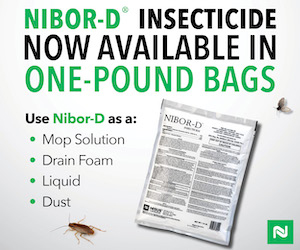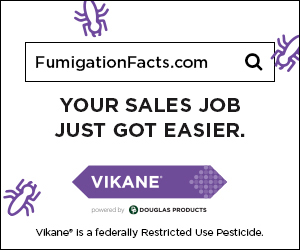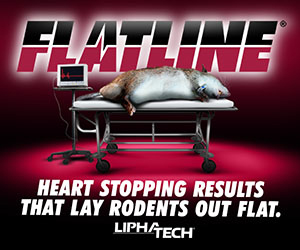 |
||||||||||||||
|
February 2024
|
||||||||||||||
|
Monthly CEO Briefing
“Further Discussions with the DBP on Alternative Approach to Commence”
The Pest Control Operators of California (PCOC) applauds the recent California Department of Pesticides (DPR) decision not to proceed with proposed regulations published in the California Regulatory Notice Register on March 17, 2023, concerning pesticide decontamination sites. On behalf of the professional pest management industry, PCOC raised concerns in their association’s comments that sections of the proposed changes were impracticable to implement and placed pest control companies and their employees in untenable positions.
On February 13, 2024, PCOC’s leadership submitted comments on the U.S. Environmental Protection Agency’s (US. EPA) Draft Biological Evaluation (BE) of Rodenticides. In comments, PCOC stated, “We understand the purpose of BE is to protect threatened and endangered species from any unintended negative exposures to rodenticides. However, we believe that this document does not draw accurate conclusions as to what will protect the intended wildlife while causing undue burden on the pest management industry without the proper protection.” PCOC went on to state, “Many determinations that were made are based on the precautionary philosophy of prioritizing what is within the realm of possibility vs measuring actual risk associated with a pesticide use or application. Any proposed mitigation and restrictions would therefore not take real life conditions into consideration." To view PCOC comments to the U.S. EPA in their entirety, please click here.
Preferred Partners
By Michael E. Wilson, PCOC CEO
Well, it’s a wrap. My first year heading up PCOC is in the books. While nothing like the Hollywood movie Mr. Smith Goes to Washington by Director Frank Capra, my story of “Mr. Wilson Goes to Sacramento” seeks to parallel the main message in the 1939 classic film that “decency and honesty are important and that a single person can make a difference”. Over this first year, my goals have been to watch, listen and start the process of formulating suggestions to help reclaim our place as the country’s best state pest management association. Yes, it is a tall order, but we have tremendous potential to achieve significantly greater heights. Just consider this one statistic: the state population of California had just under 39 million in 2020 with growth projected to surpass 42 million by 2030. The second largest state Texas is approximately 10 million citizens behind. Those population figures point to an enormous number of residents and businesses requiring pest control services.
Government Affairs
On February 14, 2024, Assemblymember Laura Friedman (44th District) representing the cities of Burbank, Glendale and Los Angeles introduced AB 2522 which seeks to create further restrictions on first-generation anticoagulant rodenticides (FGARs). Among other restrictions, this bill would prohibit the use of chlorophacinone or warfarin in the state and would require “restricted materials” status for both chlorophacinone and warfarin. PCOC will be active in opposing this legislation. To view the text of AB 2522, click here. On January 17, 2024, Congressman Ted Lieu (D-CA-36) introduced the Glue Trap Prohibition Act (H.R. 7018), seeking to place a national ban on the possession and use of glue traps to catch rodents. The Speaker, on the advice of the parliamentarian, referred the legislation to the House Committee on Agriculture. Fellow California Rep. Adam Schiff (D-CA-30) is also an original cosponsor of the legislation. Representative Lieu released a statement highlighting his view on the uses of these vital tools for PMPs. Representative Lieu also mentioned the City of West Hollywood, California's ban on glue traps last year in his press release. PCOC will collaborate with National Pest Management Association’s (NPMA) leadership and staff to express concern and opposition to this legislation to members of the U.S. Congress and their staffs. Furthermore, PCOC’s leadership will assist NPMA staff in educating U.S Representative Ted Lieu's office (D-33-CA) and other members of the U.S. Congress on the importance of retaining every pest control tool possible to combat rising rodent populations across the United States. To view the text of HR 7018, click here. |
||||||||||||||






